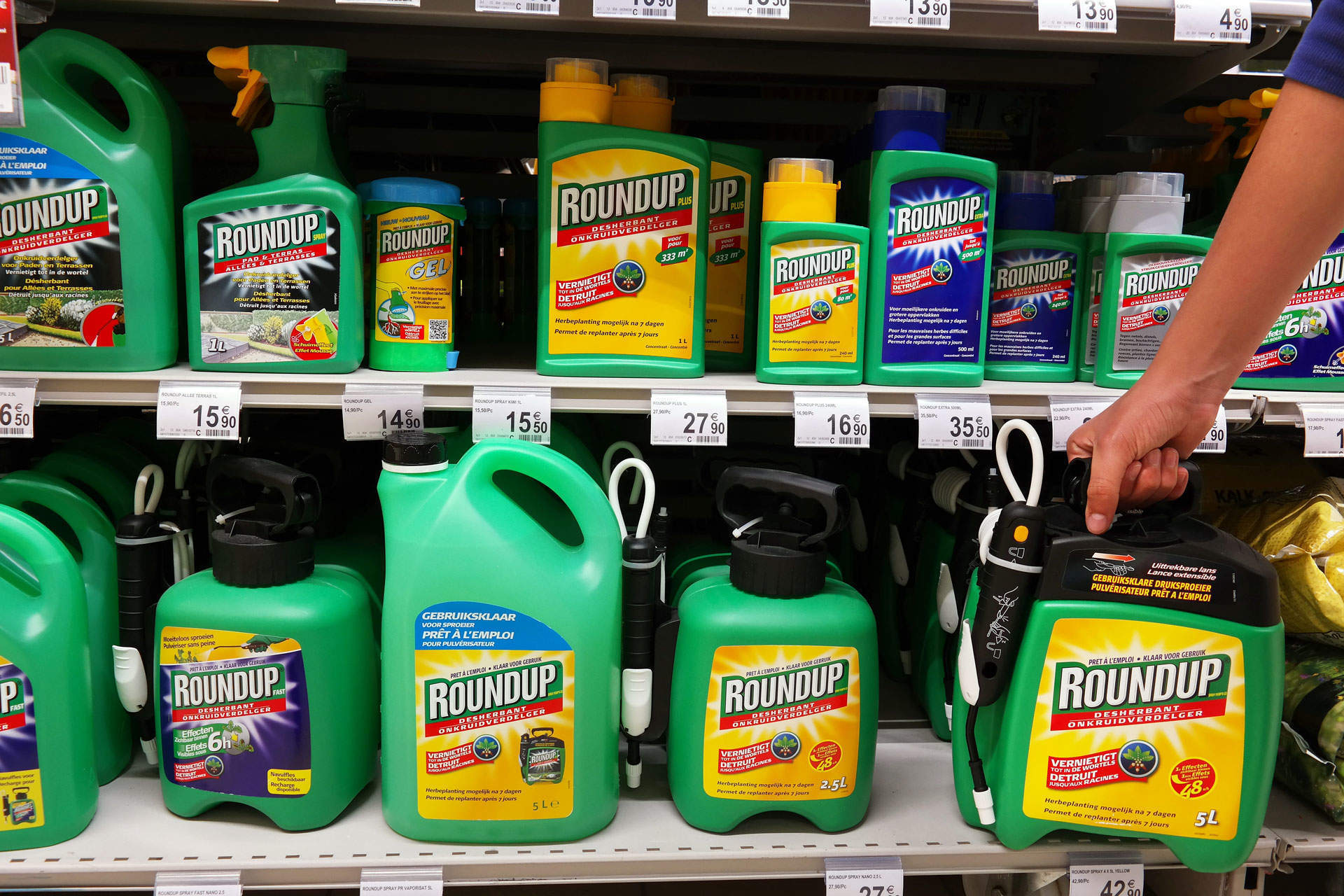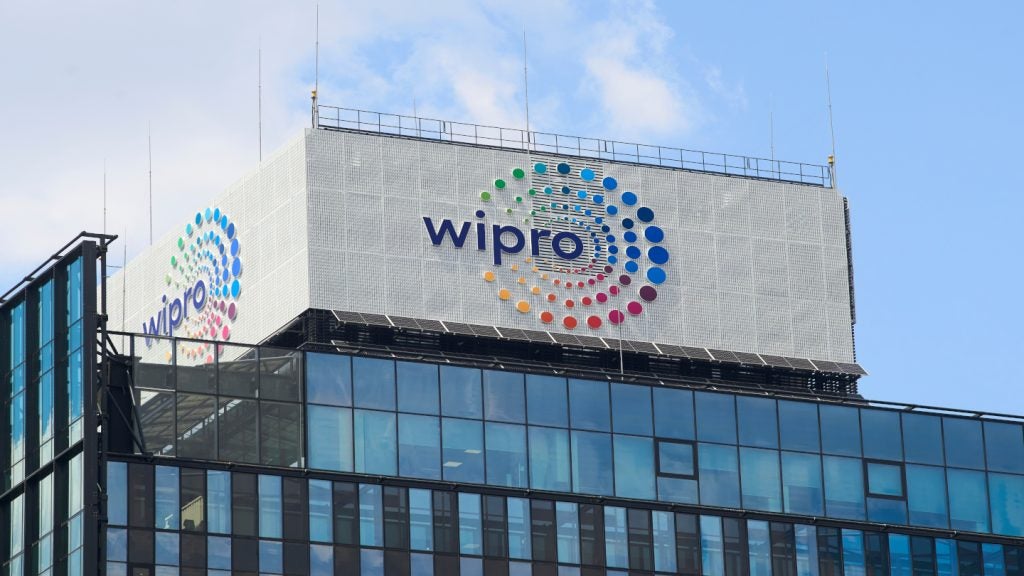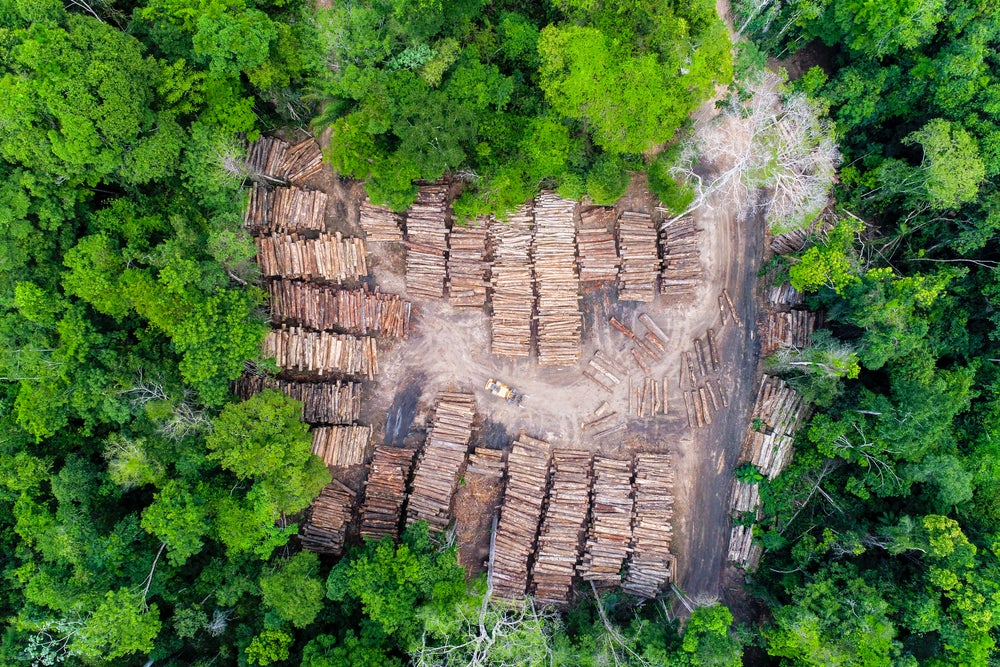
Monsanto, an American agrochemical corporation that produces weedkillers Roundup and Ranger Pro, has been found liable for a former groundskeeper’s terminal cancer. The landmark Monsanto ruling has prompted reactions from industries and governments alike.
Roundup has been sold since 1974, and about 270 million pounds are used annually, mainly on corn and soybeans.
The weedkillers contain glyphosate, the world’s most widely used herbicide, registered in 130 countries and approved for use on more than 100 crops.
It was also classified by the World Health Organization’s international agency for research on cancer as “probably carcinogenic to humans” in 2015.
This classification triggered a wave of legal and legislative challenges against the manufacturer Monsanto, now owned by Bayer AG.
On Friday a US jury awarded damages of $289m to Mr Dwayne Johnson, 46, who said he was not given adequate warning of the health dangers around exposure to the weedkillers, which he used for several hours a day at a school.
How well do you really know your competitors?
Access the most comprehensive Company Profiles on the market, powered by GlobalData. Save hours of research. Gain competitive edge.

Thank you!
Your download email will arrive shortly
Not ready to buy yet? Download a free sample
We are confident about the unique quality of our Company Profiles. However, we want you to make the most beneficial decision for your business, so we offer a free sample that you can download by submitting the below form
By GlobalDataThe jury determined that Monsanto’s product caused Mr Johnson’s cancer and that the corporation “acted with malice or oppression” in that it knew or should have known that its product was “dangerous”.
Monsanto has been followed by controversy for years but studies have produced mixed results about the carcinogenic hazards of glyphosate.
Monsanto ruling fallout
The landmark ruling came as a surprise because of US regulations allowing its use.
Scott Partridge, vice-president of Monsanto, rejected any link between glyphosate and cancer and the corporation plan to appeal the court’s ruling.
Bayer, a German pharmaceutical company, saw its share price drop 12% after the ruling, and shares in an Australian maker of a similar product, Nufarm Ltd, fell 17%.
Greenpeace have urged Australia’s government to restrict sales of Monsanto’s weedkillers, which are widely available in shops across the country, until more studies are undertaken.
Bunnings Warehouse in Australia said it had not removed Roundup because it was still classified safe by the Australian Pesticides and Veterinary Medicines Authority.
Homebase, one of the UK’s largest DIY retailers, is now reconsidering its sale of Roundup products, and a spokesperson for B&Q told The Guardian it was already undertaking a broader review of all garden products to manage the range responsibly.
A spokesman for Wilko said the company was not reviewing its sale of the Roundup products.
More than 2 million hectares of farmland across Britain are treated with glyphosate annually, according to a study of government data by Oxford Economics.
The licence for glyphosate was extended for five years in Europe by the EU last November, in spite of a petition by 1.3 million EU citizens calling for a ban.
The next court case against Monsanto also involving Roundup is due to start in October in St Louis.







